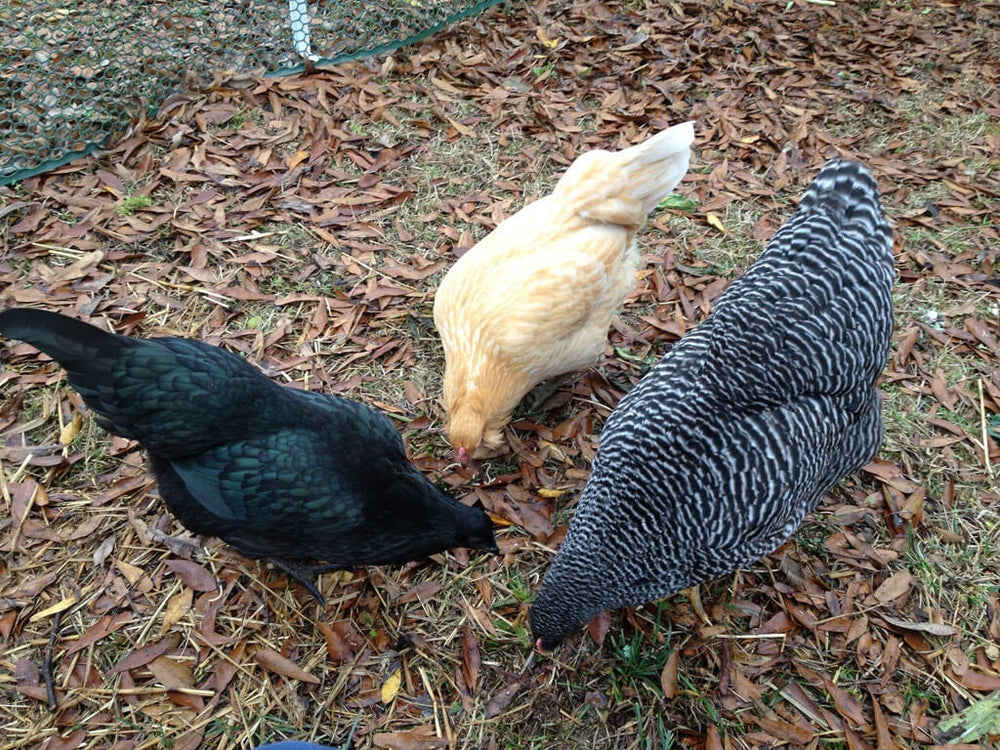If you've been gardening for any length of time, you've probably know of folks who use composted manure as fertilizer. After all, it's high in nutrients and can work wonders in the garden — plus, it's often free. Once manure is properly composted, there should be no odor. It can be difficult, though, to know when it's safe to use in your garden.
Depending on the specific conditions in your compost pile, it can take anywhere from a couple of months to a year or more for the manure to become fully composted. The best rule of thumb is to gauge the texture and scent of your pile: If it looks dark, rich, and crumbly, and has a fresh, organic smell (think forest floor), it's ready to use. You'll want to mix it in with the top few inches of soil to be planted. A good guideline is to use about 40 lbs of composted manure per 100 square feet of garden space. It's just as important, of course, to make sure you're using the right type of animal manure as fertilizer, as using the wrong kind can not only damage your garden, but harm you as well. Use this handy guide to the most common types of animal manure:
Chicken Waste
Chicken waste is the highest in nitrogen, and while we do need nitrogen in the garden, this type of animal waste is so "hot" that it will burn your younger plants or seedlings if used fresh. Compost it for at least six months before using, making sure to turn the pile on a regular basis. Or, make manure "tea": Add some dry, aged droppings to a bucket of water and let it sit for a day or two, stirring occasionally. Strain out the droppings, then pour the tea around the bases of your plants. This is particularly good fertilizer for leafy greens, which need extra nitrogen to help them grow a steady supply of new leaves to replace all the harvested ones. Out of courtesy for your neighbors, be aware that fresh poultry manure is perhaps the stinkiest of all, and place your compost accordingly.

Cow Manure
Cow manure is a great all-purpose fertilizer. It's low in nitrogen so it won't burn your tender plants, and has a good balance of nutrients. What's more, since a cow's four stomachs digest its food so thoroughly, very few weed seeds make it through, so you don't have to worry about them. To avoid unpleasant odors, wait until it's dried before adding it to the compost pile. Or, skip the DIY part all together and pick up a bag at the local garden center or home improvement store.

Horse Manure
Horse manure serves as a good all-purpose fertilizer, even though it's not particularly high in nutrients. This manure, however, can have many weed seeds in it, so it's important to make sure your compost pile reaches a high enough temperature (140 degrees; check it with a compost thermometer) to kill them. To reach that temperature, your compost pile must contain equal parts green matter (like grass clippings and kitchen waste) and brown matter (such as dry leaves), and receive consistent moisture through rain or watering.
Goat and Sheep Droppings
Goat and sheep droppings are drier and easier to use than those from chickens and cows. They're also higher in nitrogen and potassium than horse manure — and don't smell quite as bad. While this type of manure won't burn your plants like chicken waste will, it will likely contain weed seeds, so be sure to compost it in the same way as you would horse manure.

Rabbit Droppings
Rabbit droppings may be the single best source of animal fertilizer for your garden. Why? Because bunnies produce a prolific amount of waste that is equally high in both nitrogen and phosphorus. Just two or three rabbits can supply you with all the droppings your garden needs. (It's important to note that while some people suggest using fresh rabbit droppings, it's better to thoroughly compost them in your pile first if you plan to use them on edible plants.) Ask a friend or neighbor who has rabbits if you can have the droppings, or visit the House Rabbit Society's website to connect with the local chapter, which can put you in touch with people who rescue and foster rabbits.
Pig Manure
Pig manure should only be used in certain cases. Pigs eat nearly everything, and their waste could contain pathogens similar to those found in dog and cat feces (see below). But if you know for sure that the pig in question has been fed a solely vegetarian diet, plus the waste has been adequately composted, it can be used in the garden with good results.

Dog and Cat Waste
Dog and cat waste must never be used in your garden, as it can contain diseases like toxoplasmosis and roundworms, which are easily transmitted to human beings.
Of course, most folks don't have the kind of urban farm that produces these types of manure. No problem! Start by asking friends and neighbors who own smaller animals like rabbits or chickens — they would probably be very happy to have you come to their backyard to collect their animal waste. For larger animals like cows, horses, and goats, check with local farmers, ranchers, or horse stables. You may even want to check with your local zoo. Some zoos will compost their animal manure for gardeners, either for free pick-up or to be sold as a way to raise funds. Wherever you get your manure, make sure you know what the animals have been eating (no meat), and whether they have been medicated. The purer the manure, the better!
For information on worm composting, a process in which you raise worms and use their manure (called castings) to enrich the garden, check out our article. Jenny Peterson is a landscape and garden designer living in Austin, Texas. At her website, JPetersonGardenDesign.com, you'll find lots more design tips and DIY projects. Jenny is also an urban farmer and vegetable gardener, and is co-author of Indoor Plant Décor: The Design Stylebook for Houseplants.

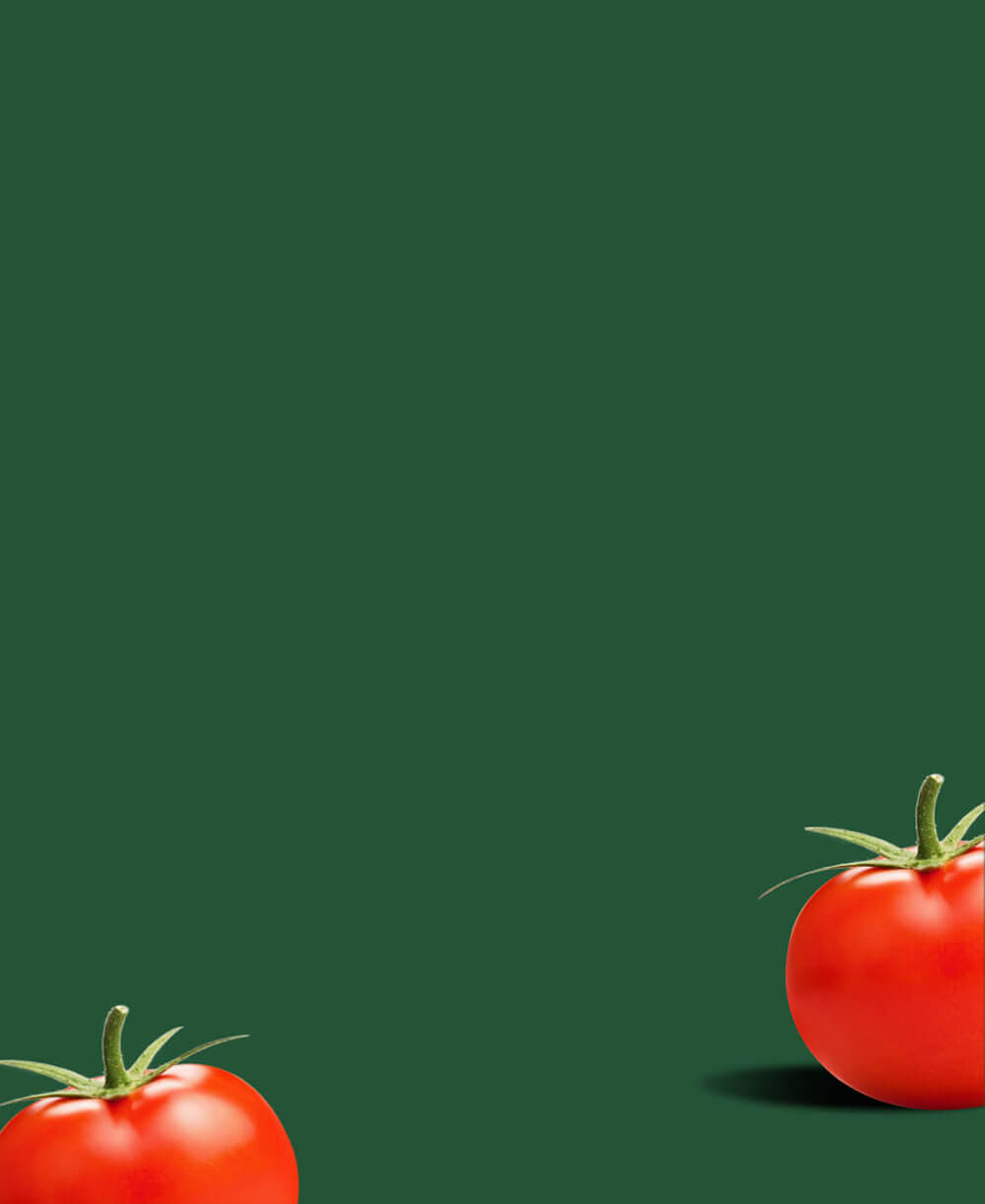

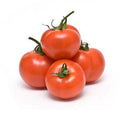

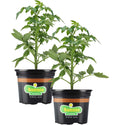
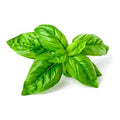 Herbs
Herbs
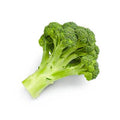 Vegetables
Vegetables
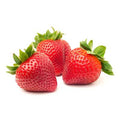 Fruit
Fruit
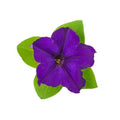 Flowers
Flowers
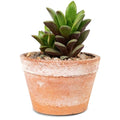 Succulents
Succulents
